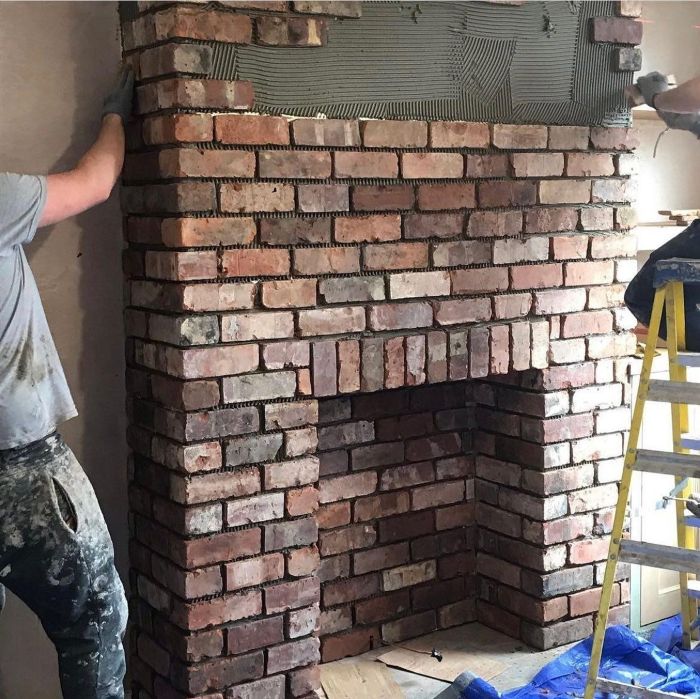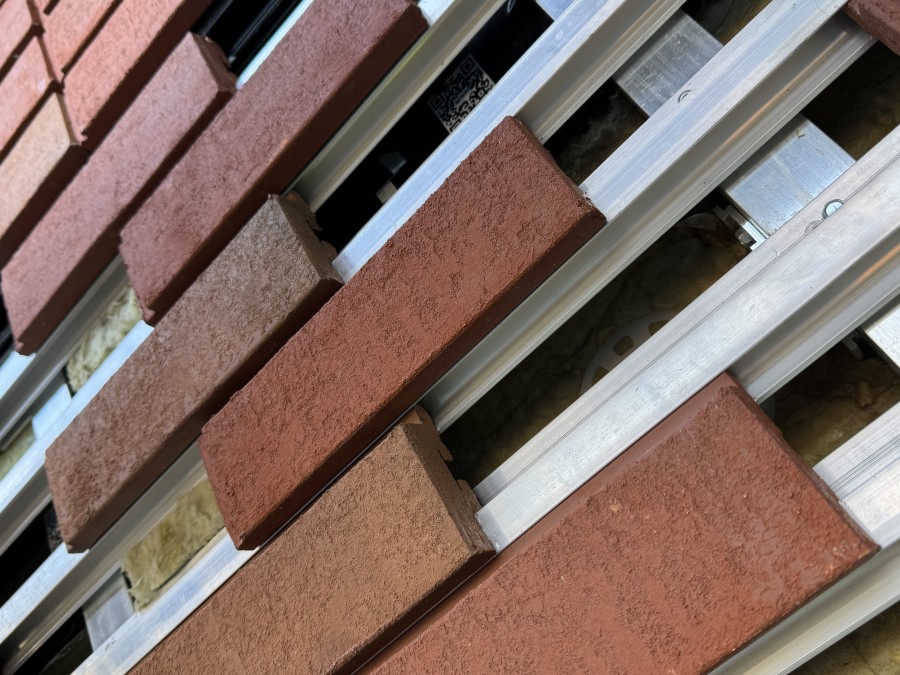STYROFOAM manufacturer Dow Building Solutions has released a new, independent publication summarising key changes to Part L of the Building Regulations, which come into force from April 6 2014.
Authored by Huw Evans of JPA Technical Literature Ltd, the paper describes key changes to Part L of the Building Regulations introduced in England in 2013 and 2014, made as part of the triennial revision cycle.
The changes - whilst more limited in scope than changes made in 2010 – are a further step towards the Government’s long term commitment to reduce carbon dioxide emissions to 80% below 1990 levels by 2050. They also move standards for new dwellings closer to the 2016 zero carbon target, and new buildings other than dwellings towards the 2019 zero carbon target.
Providing an overview of the latest amendments, the guide summaries how the revisions will affect both the new build and refurbishment sectors, and includes:
- A summary of what has changed in all five compliance criteria compared to the 2010 Part L amendments.
- Information on the new Fabric Energy Efficiency (FEE) standard for new dwellings.
- Summaries of elemental U-value limits for new dwellings and new buildings other than dwellings.
- An overview of changes to guidance on existing buildings.
“The key thing to note is that there is much more emphasis on reducing energy demand through improved fabric efficiency - and that merely specifying fabric which meets the limiting values will not be sufficient for new dwellings, for example,” explained Huw Evans. “The introduction of the target fabric energy efficiency – the TFEE – means designers will no longer be able to compensate for poorly performing fabric with renewables but must ensure the building fabric is efficient in its own right.
“Designers will also need to pay more attention to the calculation of junction heat losses, as standard psi-values in notional dwelling calculations are, in some cases, substantially lower than those of accredited construction details - which could require further compensating measures elsewhere in the fabric.”
“Whilst the overall changes can be seen as an evolution rather than a step-change, some details will require specifiers and designers to pay much more attention to the thermal performance of building fabric – and to managing issues such as thermal bridging more effectively,” said Chris Gimson, Commercial Director for Dow Building Solutions.
“Effective insulation is still one of the simplest, most cost-effective ways of improving energy efficiency, and our STYROFOAM product range – recently joined by XENERGY XPS – has for decades offered a tried and tested method of meeting evolving building regulations.
“Following these latest changes we expect to see further interest in our below-slab insulation offering, FLOORMATE, which can help prevent thermal bridges at floor and wall junctions when used as part of an ‘envelope’ of continuous external insulation,” he continued.
“The advent of XENERGY – which offers moisture-resistant flat roof insulation at thinner thicknesses to conventional XPS alternatives – also demonstrates that we are bearing in mind contractors’ needs to offer high performance products in thinner thicknesses.”




















